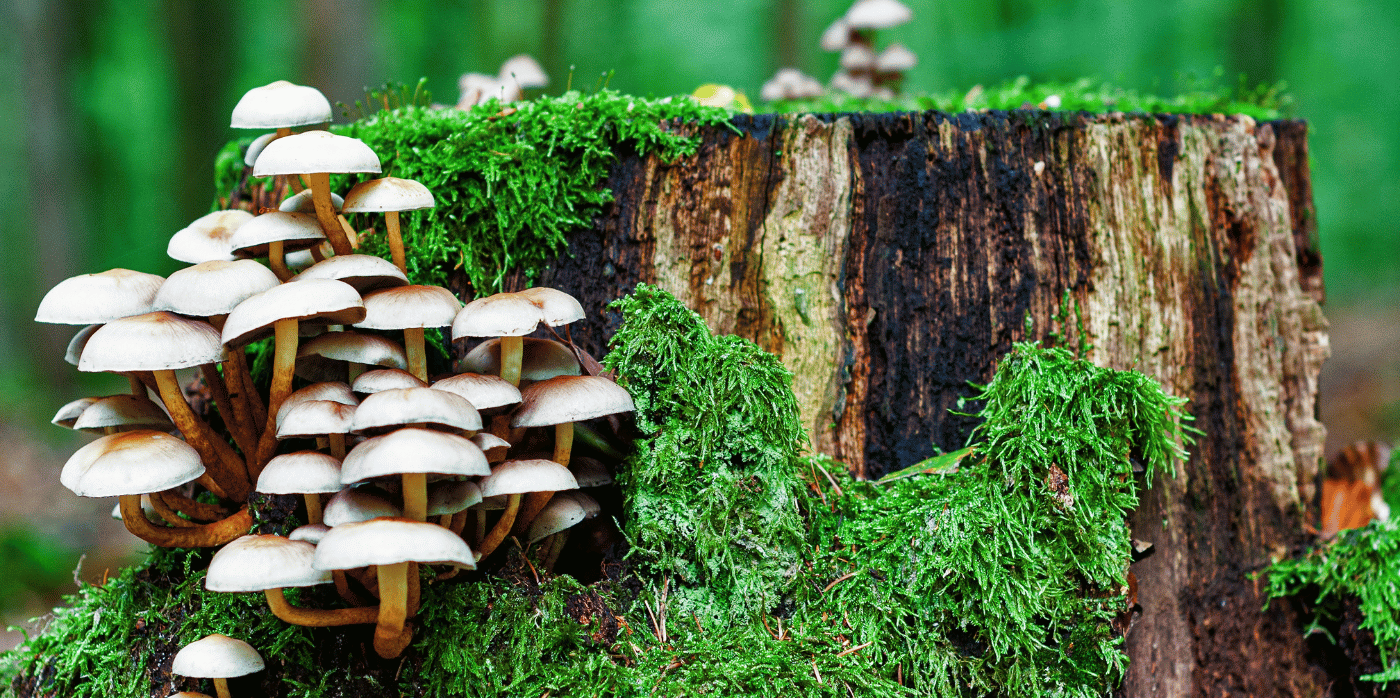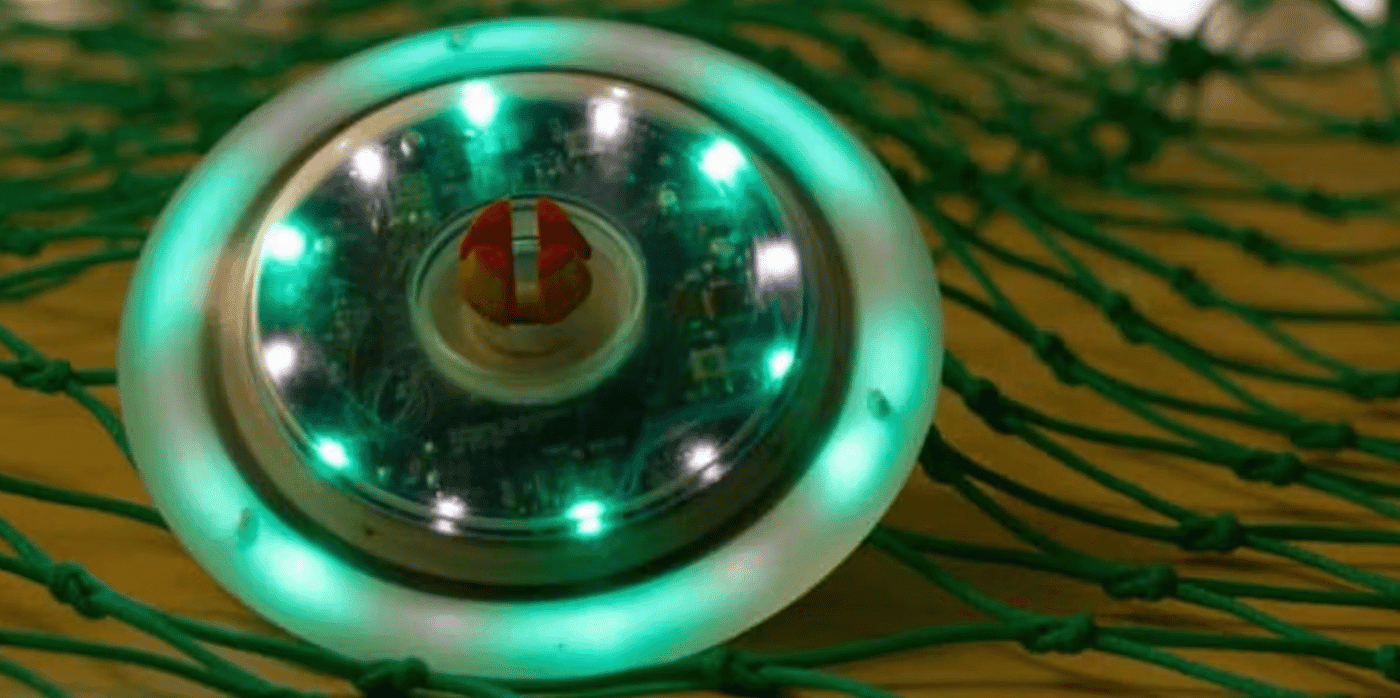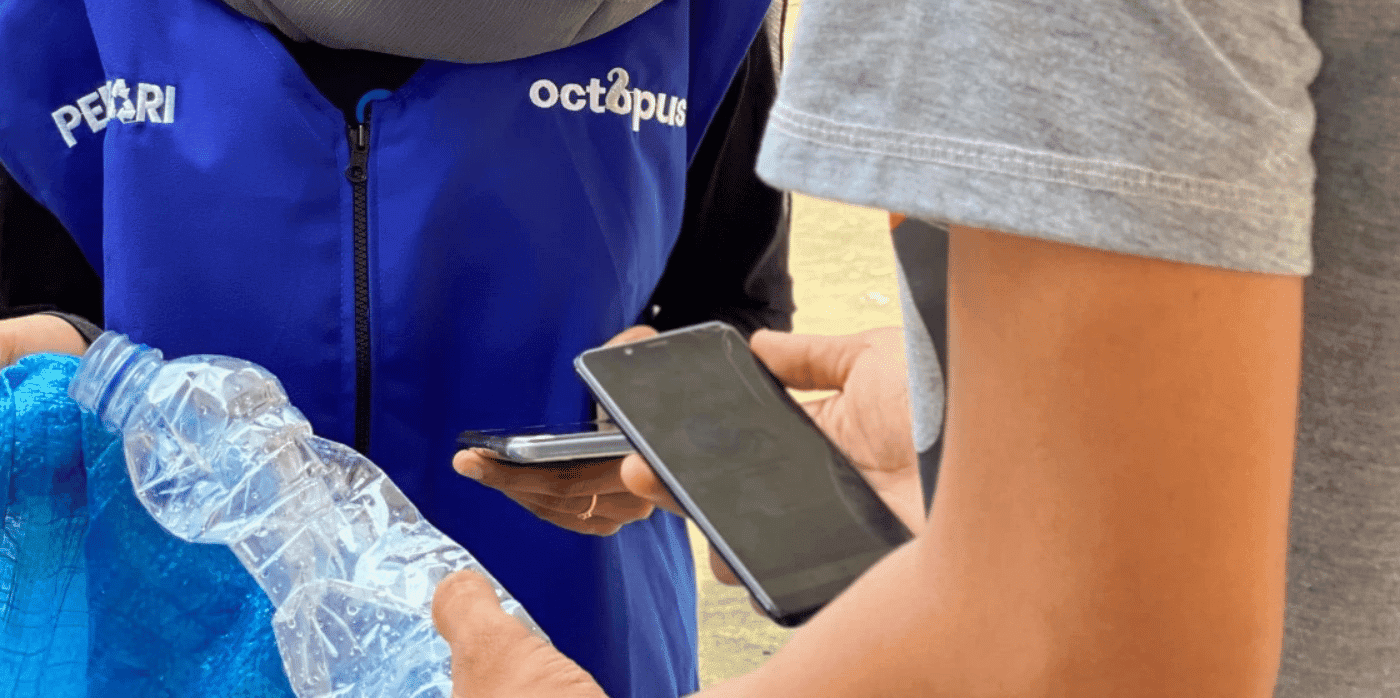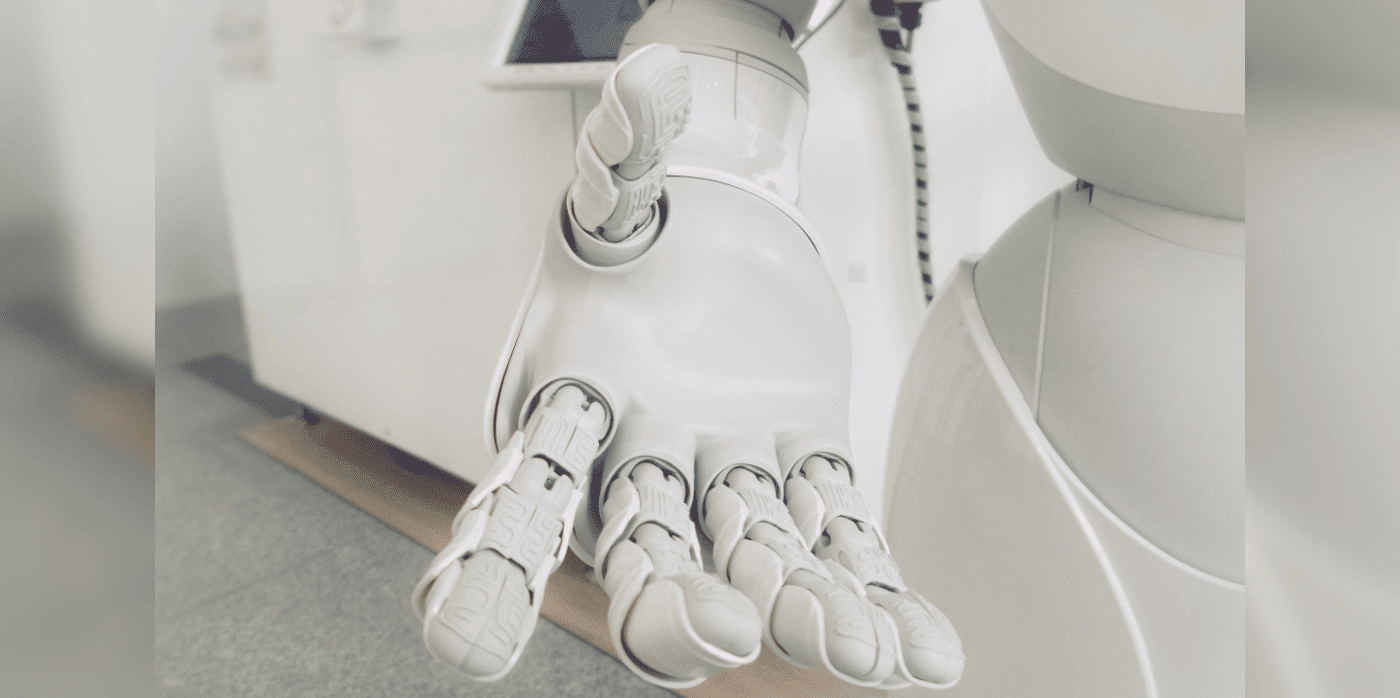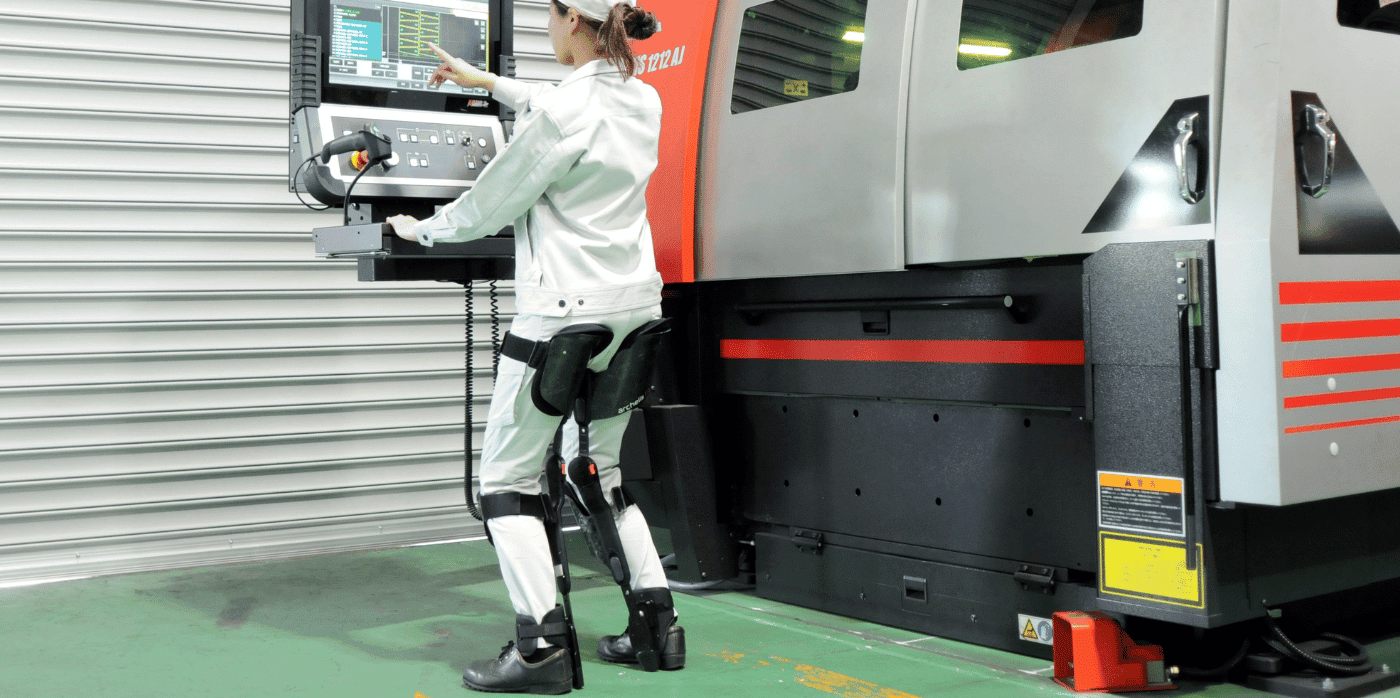A new method helps make the most of mushrooms

Spotted: Every year, the world generates two billion metric tonnes of municipal solid waste (MSW), with thousands of tonnes of that rubbish sent to landfills every day. A significant proportion of this is plastic or petroleum-based products that take hundreds of years to decompose, leaching harmful chemicals and shedding toxic microplastics into the environment as they break down.
Shifting to natural materials that can biodegrade safely is crucial in tackling our waste problem – an increasingly popular option being those made from mycelium (fungi). The problem is that when mycelial fibres are extracted from the fungi, either mechanically or chemically, the process often results in discolouration, or the delicate fibrous structures becoming damaging, which can compromise their beneficial properties.
Researchers at Shinshu University in Japan have now developed a novel method for collecting mycelial pulp that retains the physical structures of the mycelium. The team, led by Assistant Professor Satomi Tagawa, began by treating reishi and enoki mushrooms with sodium hydroxide and hydrogen peroxide, before bleaching them using sunlight. Then, the researchers defibrillated the material using ultrasonic treatments. The result was a pulp containing micrometre-sized mycelium fibres that still had their fibrous mycelial structures intact.
Now, the research team is exploring other mushrooms that could be utilised to produce even higher quality materials, or create materials with different properties. They hope to take advantage of Japan’s position as one of the world’s largest mushroom producers, including through the creation of the Mycomaterial Technology Consortium – an initiative that focuses on maximising the utility of mushrooms.
New and more sustainable materials are being developed every day. Springwise has also spotted the use of this plant as a plastic alternative in straws as well as this company that is upcycling cardboard into foam packaging.
Written By: Archie Cox

